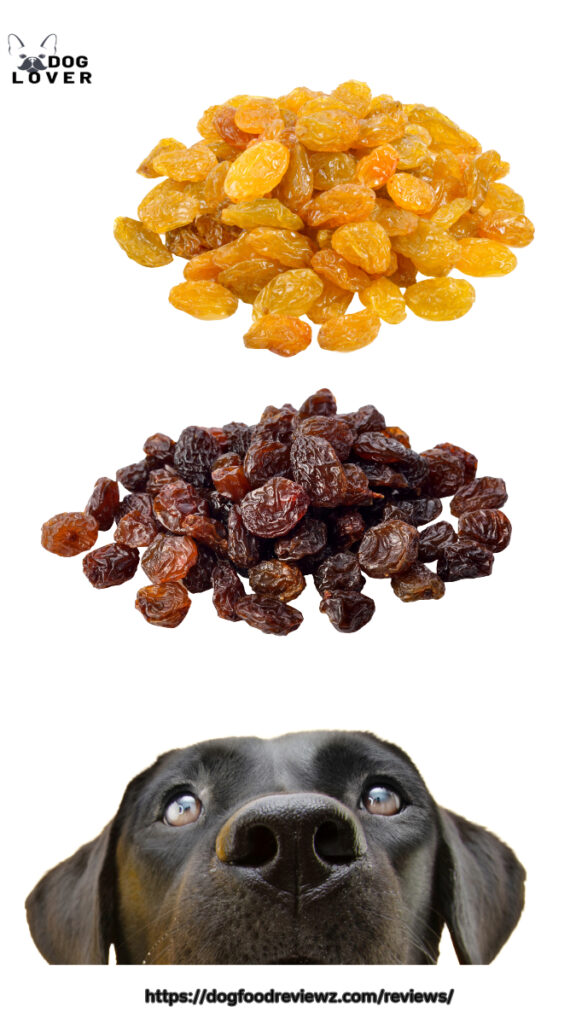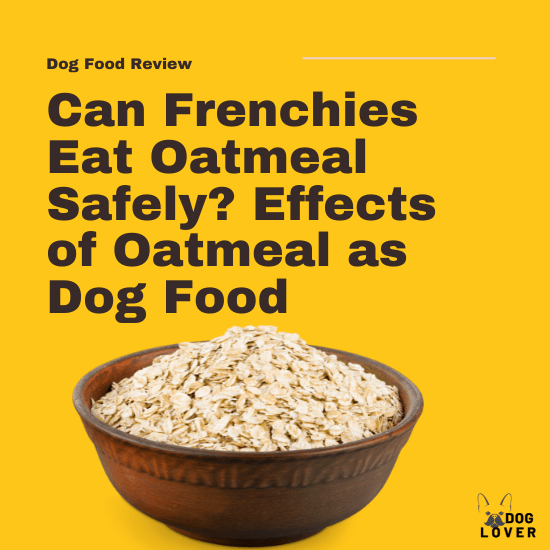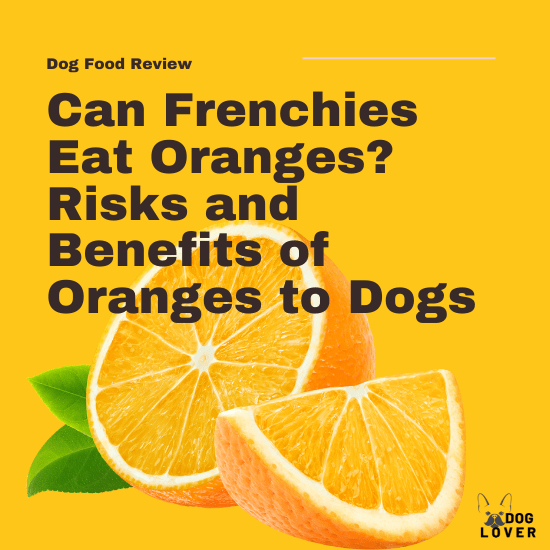Can dogs eat raisins?
Raisins, the dehydrated versions of grapes, are a favorite snack for many humans. However, they pose a significant risk to dogs.
Despite their seemingly harmless nature, raisins can lead to severe, even fatal, poisoning in dogs.
This blog will cover why raisins are dangerous, what symptoms to look out for, and what to do if your dog consumes them.

Why Are Raisins Toxic to Dogs?
The exact cause of raisin toxicity in dogs remains unclear. Experts have speculated several theories:
- Mycotoxins: Some believe a fungus or mold on grapes produces a toxin that harms dogs.
- Salicylates: Naturally occurring salicylates in grapes might reduce blood flow to the kidneys, leading to damage.
- Tartaric Acid: Recent studies suggest tartaric acid, found in grapes and raisins, may be responsible for their toxicity.
Even though the toxic compound isn’t fully understood, the consequences of dogs consuming raisins are well-documented.
The reaction to raisins varies among dogs; some may tolerate small amounts without apparent harm, while others suffer severe symptoms from eating just one raisin.
Symptoms of raisin toxicity in dogs
Raisin toxicity primarily affects the kidneys, potentially causing acute kidney failure.
Symptoms can manifest within a few hours to a couple of days after ingestion and include:
- Vomiting
- Diarrhea
- Lethargy and weakness
- Loss of appetite
- Increased thirst and urination (early signs of kidney damage)
- Dehydration
- Shivering or trembling
- Abdominal pain
As the condition progresses, dogs may stop urinating altogether, a sign of complete kidney shutdown. If untreated, this condition can be fatal.
Foods That Contain Raisins: Hidden Dangers
Raisins are commonly found in many foods, making it essential for dog owners to be vigilant.
Products like raisin bread, oatmeal raisin cookies, trail mixes, fruit cakes, and even raisin jams pose a significant risk.
Even small quantities can be harmful, especially for smaller dog breeds.
Chocolate-Coated Raisins
Chocolate-coated raisins are a double threat. Chocolate contains theobromine and caffeine, compounds that dogs cannot metabolize effectively. This combination can lead to severe poisoning.
Yogurt-Covered Raisins
While plain yogurt is safe and beneficial for dogs in moderation, adding raisins makes it toxic. Avoid sharing this treat with your furry friend.
Raisin Bread
Bread itself offers little nutritional value for dogs but isn’t inherently harmful.
However, raisin bread can cause severe toxicity. Uncooked bread dough is also dangerous as it can expand in the stomach, causing bloat or alcohol poisoning from fermenting yeast.
What to do if your dog eats raisins
If you suspect your dog has consumed raisins, take immediate action:
- Contact Your Veterinarian: Call your vet or an emergency animal poison control hotline for guidance.
- Induce Vomiting (If Advised): If the vet recommends it, you may be instructed to induce vomiting to remove raisins from your dog’s system. Never attempt this without professional advice.
- Activated Charcoal: The vet may administer activated charcoal to bind toxins in your dog’s stomach and prevent further absorption.
- Monitoring and Treatment: Depending on the severity, your dog may require hospitalization for IV fluids, medications to support kidney function, and regular blood tests to monitor damage.
Can certain dogs tolerate raisins?
There’s no way to predict a dog’s sensitivity to raisins. While some larger dogs might consume small amounts without noticeable effects, others, especially small breeds or puppies, can experience life-threatening poisoning from a single raisin.
Common myths about raisin toxicity
“A Small Amount Won’t Hurt My Dog.”
This is false. Sensitivity to raisins varies widely, and even small amounts can be toxic to some dogs.
“Homemade Raisin Recipes Are Safer.”
Raisin toxicity doesn’t depend on how they’re prepared. Avoid raisins in any form, including homemade recipes.
Safe alternatives to raisins for dogs
If you’re looking for safe and healthy treats for your dog, consider these alternatives:
Carrots: Low-calorie, crunchy, and packed with nutrients.
Apples: A sweet and fiber-rich snack (remove the seeds and core).
Blueberries: Antioxidant-rich and perfectly safe in moderation.
Plain Yogurt: Great for digestion, as long as it’s unsweetened and free from xylitol.
What about other foods?
Dogs can eat some human foods safely, but others should be avoided. Here’s a quick breakdown of foods that are safe and unsafe:
Unsafe Foods
- Onions and Garlic: Contain compounds that damage red blood cells.
- Chocolate: Contains theobromine, a stimulant toxic to dogs.
- Nutmeg: Can cause hallucinations and seizures.
- Alcohol: Even small amounts can be fatal.
Safe Foods
- Ginger: Beneficial in small amounts, offering anti-inflammatory properties.
- Parsley: A healthy herb that can freshen breath and provide vitamins.
- Turmeric: Contains antioxidants and may help with joint health.
Why prevention is better than cure
Preventing raisin ingestion is much easier than dealing with its consequences. Store all raisin-containing foods out of your dog’s reach, educate family members and guests about the risks, and supervise your dog during meals or snacks.
Final Thoughts
Raisins are highly toxic to dogs, and the risks far outweigh any potential benefits. The toxic dose varies, making it impossible to determine a “safe” amount. If your dog consumes raisins or any raisin-containing product, act swiftly to ensure their safety.
By understanding the dangers and taking precautions, you can protect your furry companion from the severe consequences of raisin toxicity. When in doubt, always consult your veterinarian for advice on your dog’s diet and health.


